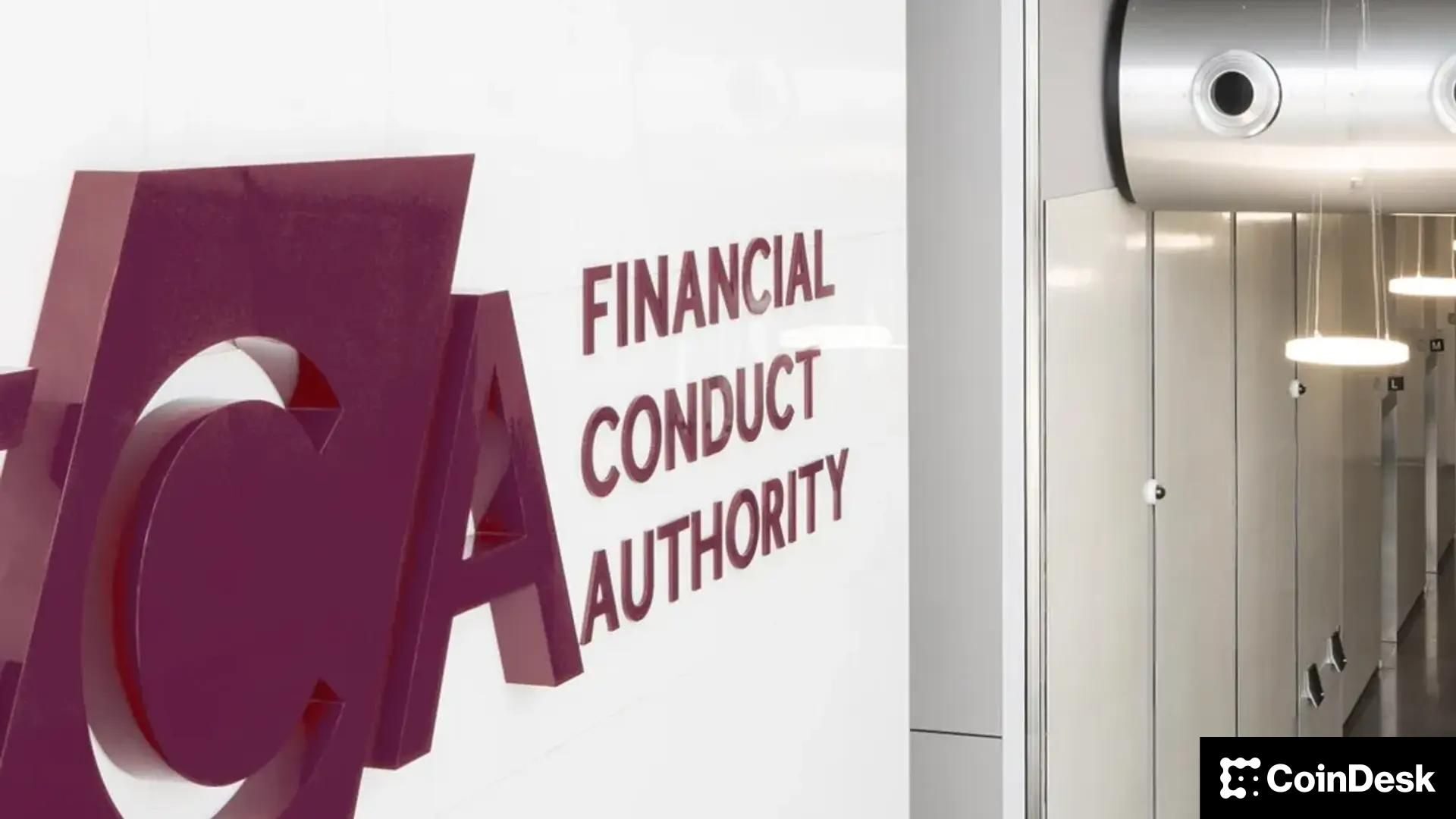ClearToken Wins Approval From U.K.’s FCA for Digital Asset Settlement Service
ClearToken won authorization from the U.K.’s FCA to roll out CT Settle, a delivery-versus-payment settlement system for crypto, stablecoins and fiat currency.
By Jamie Crawley, AI Boost|Edited by Sheldon Reback
Nov 11, 2025, 4:29 p.m.

- ClearToken received FCA authorization to operate CT Settle, a delivery-versus-payment (DvP) settlement system for crypto, stablecoins and fiat currencies.
- The platform eliminates pre-funding requirements and enables simultaneous asset and payment transfers, freeing up liquidity for institutional traders.
- The model mirrors traditional market infrastructure like CLS in forex, building the foundation for a regulated clearing and settlement layer for digital assets.
ClearToken said it received authorization from the U.K.’s Financial Conduct Authority (FCA) for CT Settle, a delivery-versus-payment (DvP) net settlement system for digital assets, stablecoins and fiat currencies.
The London-based market infrastructure firm aims to solve one of the industry’s longest-standing pain points: capital inefficiency caused by the pre-funding of trades on exchanges and OTC markets, the company said Tuesday.
STORY CONTINUES BELOW
CT Settle enables true DvP settlement, allowing assets and payments to move simultaneously, reducing counterparty risk and freeing up capital by eliminating the need for prefunded collateral, the company said.
Backed by Nomura subsidiary Laser Digital amongst other investors, ClearToken is building a post-trade infrastructure for 24/7 digital markets. Its systems are designed to bring the risk management and legal certainty of traditional finance to crypto trading, mirroring models like CLS in foreign exchange.
Beyond CT Settle, the company plans to introduce a central counterparty clearing house (CCP), pending Bank of England approval, and extend its services to tokenized securities through the U.K.’s Digital Securities Sandbox.
The company is one of two added to the FCA’s registry of licensed crypto service providers this month. X Capital Group secured approval on Nov. 4.
AI Disclaimer: Parts of this article were generated with the assistance from AI tools and reviewed by our editorial team to ensure accuracy and adherence to our standards. For more information, see CoinDesk’s full AI Policy.
More For You
Nov 3, 2025

A deep dive into Zcash’s zero-knowledge architecture, shielded transaction growth, and its path to becoming encrypted Bitcoin at scale.
What to know:
In 2025, Zcash evolved from niche privacy tech into a functioning encrypted-money network:
- Shielded adoption surged, with 20–25% of circulating ZEC now held in encrypted addresses and 30% of transactions involving the shielded pool.
- The Zashi wallet made shielded transfers the default, pushing privacy from optional to standard practice.
- Project Tachyon, led by Sean Bowe, aims to boost throughput to thousands of private transactions per second.
- Zcash surpassed Monero in market share, becoming the largest privacy-focused cryptocurrency by capitalization.
More For You
By Francisco Rodrigues|Edited by Sheldon Reback
2 hours ago

The rules classify crypto activities as subject to foreign exchange and capital market rules, and require reporting of international transactions.
What to know:
- Brazil’s central bank introduced new regulations for crypto service providers, requiring licenses and establishing capital requirements.
- The rules classify crypto activities as subject to foreign exchange and capital market rules, and require reporting of international transactions.
- Firms have nine months to comply, and foreign firms serving Brazilian clients must establish a local entity or risk being barred.
-
Back to menu
Prices
-
Back to menu
-
Back to menu
Indices -
Back to menu
Research
-
Back to menu
Consensus 2026 -
Back to menu
Sponsored
-
Back to menu
Videos -
Back to menu
-
Back to menu
-
Back to menu
Webinars
Select Language










